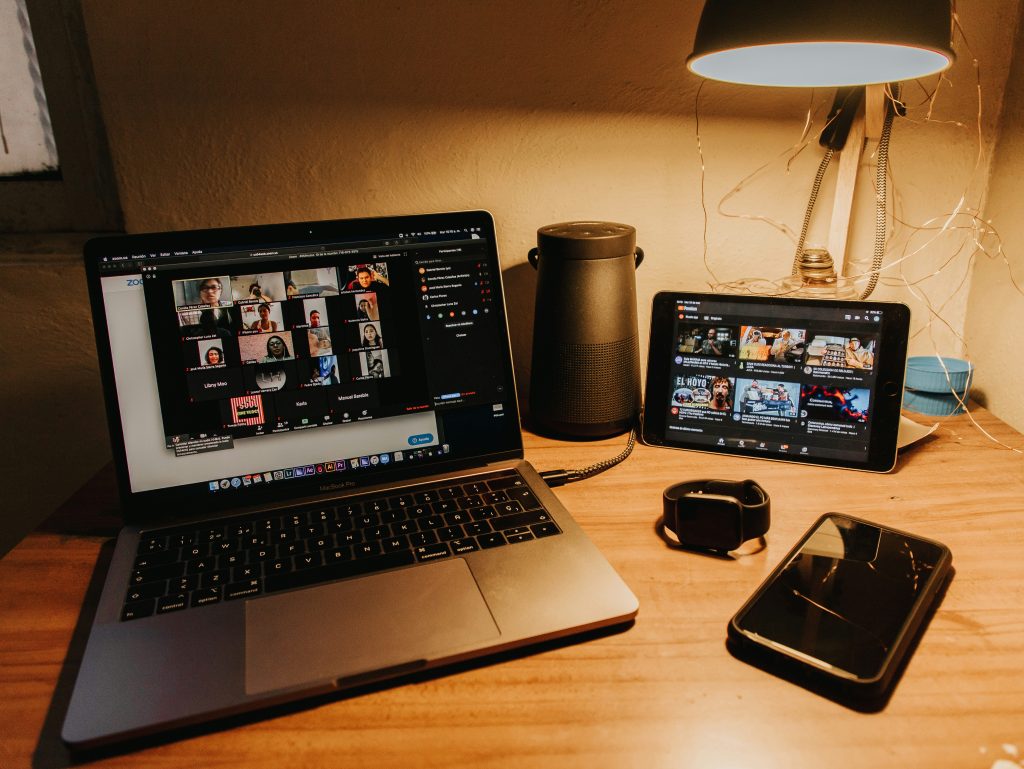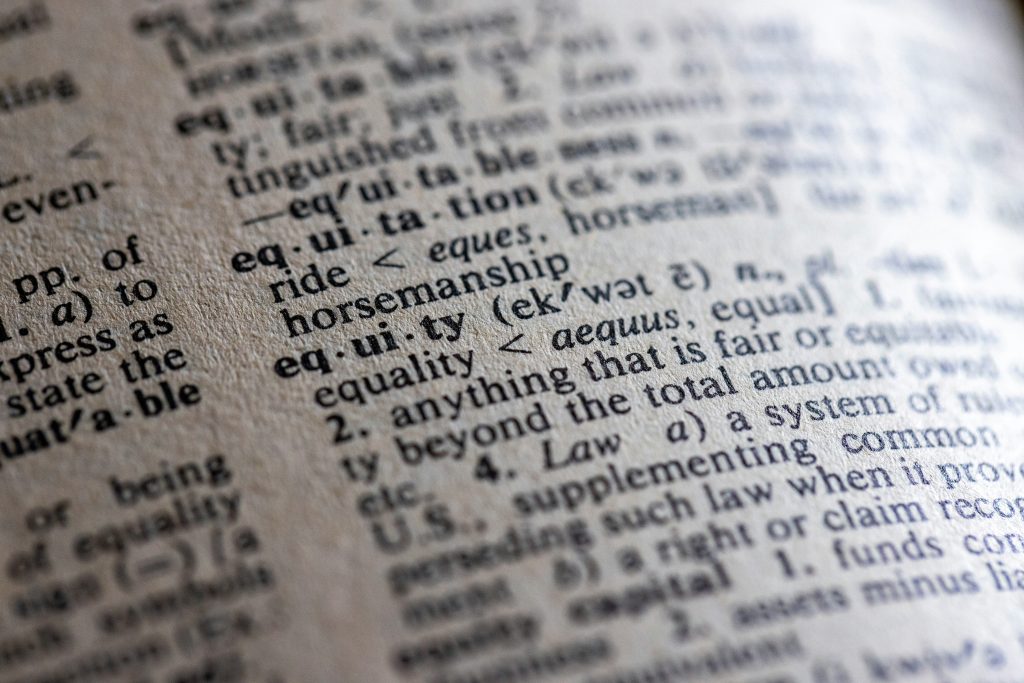
Serein Inclusion Team
3 min read
What we see online often plays a key role in breaking the mould of stereotypes. TV Shows have pushed forth in this domain, be it through the Chess masterpiece in the Queen’s Gambit or the Urdu dramedy in Chudails.
- All
- People and culture
- Domestic violence
- Life at Serein
Includes emails, texts, medical reports, witness testimony, CCTV footage & complainant's account - assessed on "preponderance of probability".
Virtual inquiries require: Secure platforms, verified identities, digital evidence protocols & breaks to prevent "Zoom fatigue" compromising fairness.
Multi-location employers must constitute ICs at each office/region with 10+ employees, ensuring accessible complaint mechanisms.
Select an external woman with legal/HR expertise per Section 4(2)(a), ensuring impartiality through formal appointment letters.
Q1: Can we have male IC members? Yes, but 50% must be women. Q2: Training needed? Annual sensitisation mandatory. Q3: Quorum? Minimum 3 including chair.
Complainant establishes prima facie case; IC then impartially collects evidence. Standard: "preponderance of probability", not "beyond doubt".
Sandhu’s “Chauthi Koot” (The Fourth Direction) is a harrowing Partition tale exposing deep religious divides & the human cost of communal violence.
Boomers to Gen Z: Each generation brings distinct values & work ethics shaped by unique times. Bridging gaps requires understanding, not stereotyping.
Navigating Gen Z, Millennials, Gen X & Boomers in one workplace? Our blog series explores clashes, synergies & strategies for true generational inclusion.
Equity isn’t equality. It requires targeted support, fair resource allocation & dismantling systemic barriers. Key strategies: data, policies, sponsorship.
Diversity & inclusion initiatives ring hollow without equity. Without fair access & opportunity, marginalised groups remain excluded. Equity is the essential foundation.
Inclusive design proactively considers diverse needs (disability, neurodiversity, culture) from the start, preventing exclusion & creating better solutions for all.
Silence around domestic violence hurts workplaces too. Recognise signs, offer safe support systems & flexible policies to help survivors heal & retain employment.
India’s Domestic Violence Act protects both parties in live-in relationships. Understanding this legal recognition is crucial for safety & seeking rightful recourse.
Cinema often sensationalises domestic violence. Responsible storytelling should highlight realities, survivor strength & pathways to support, not perpetuate myths.
Gaslighting is psychological abuse making victims doubt their reality. Recognise manipulation tactics, trust your instincts & seek support to break free from this.
Women have the right to protection orders, residence, monetary relief & legal aid under India’s Domestic Violence Act. Knowing these enables survivors to be safe.
Consent & boundaries are key. Domestic violence shatters both. Rebuilding starts with respecting autonomy & recognising coercive control as a violation of rights.
A break doesn’t break your career. With patience, purpose, and a little ‘me time,’ a restart can be a reinvention – on your terms, in your time, with confidence.
Career breaks don’t erase capability. With experience, adaptability, and the right support, women returning to work can lead fast, thrive faster and uplift teams too.






















